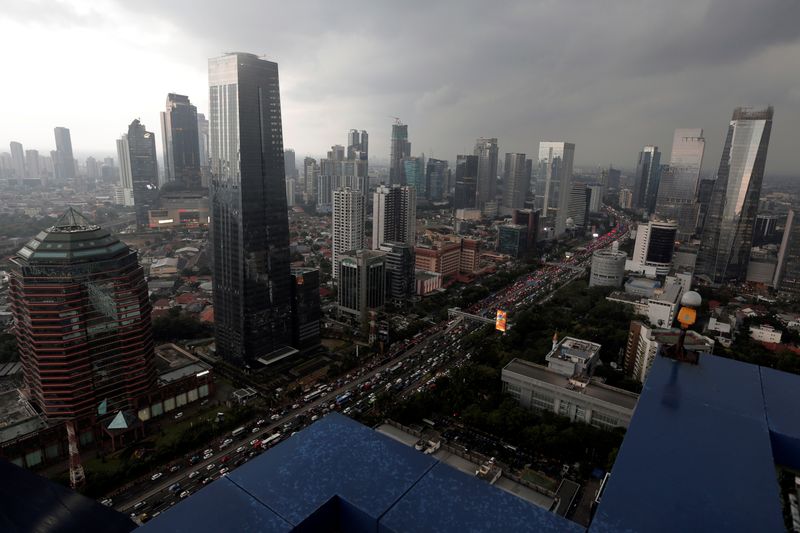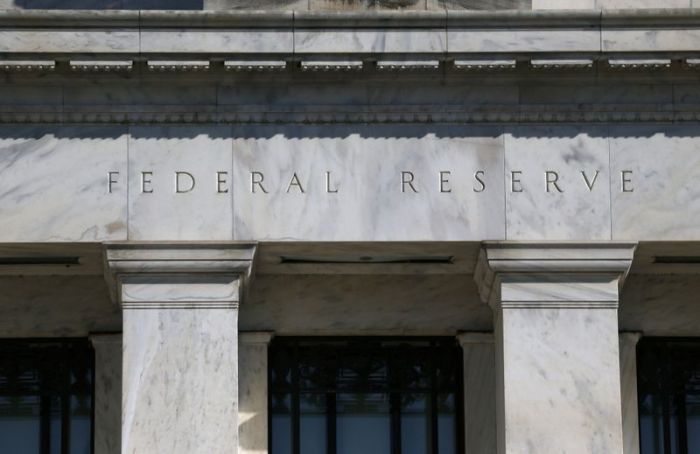(Reuters) – The credibility of Indonesia’s central bank with investors remains intact following parliamentary proposals to overhaul its mandate, but the changes must be carefully handled to prevent any pressure on its sovereign rating, S&P Global said on Friday.
“The communication and implementation of policy changes will be important determinants of BI’s credibility going forward,” Andrew Wood, the agency’s sovereign debt analyst for the country, told Reuters.
“If investor confidence in Indonesia’s monetary policy framework is negatively affected, it could give rise to financial market implications, potentially weakening monetary flexibility and sovereign rating support.”
Indonesian bonds, the rupiah <IDR=> and stocks <.JKSE> have all been pressured this month on the back of recommendations made to the government that include giving ministers more influence in Bank Indonesia’s (BI) policymaking.
In a bid to settle nerves after a series of interventions to support the currency, the bank on Thursday kept interest rates on hold and stressed both President Joko Widodo and Finance Minister Sri Mulyani Indrawati had pledged policy would remain independent.
Wood said the proposals had not triggered dramatic spikes in financing costs due to the “accumulated credibility of Bank Indonesia over the years and investors’ patience for aggressive action in the face of the pandemic”.
S&P rates Indonesia’s debt at BBB, one notch above the lowest investment grade and in line with other major credit rating agencies such as Fitch and Moody’s.
S&P lowered the country’s outlook to ‘negative’ in April as the government ramped up spending in response to the coronavirus outbreak. Fitch and Moody’s maintain a ‘stable’ outlook.
Indonesia, Southeast Asia’s largest economy, is sliding into recession and has the highest coronavirus death toll in the region.
Wood said that the country’s debt rating could be pressured further in the event of a more prolonged economic slowdown over the next two years.
(Reporting by Shashwat Awasthi in Bengaluru; Editing by Patrick Graham, Saumyadeb Chakrabarty and Shounak Dasgupta)

























